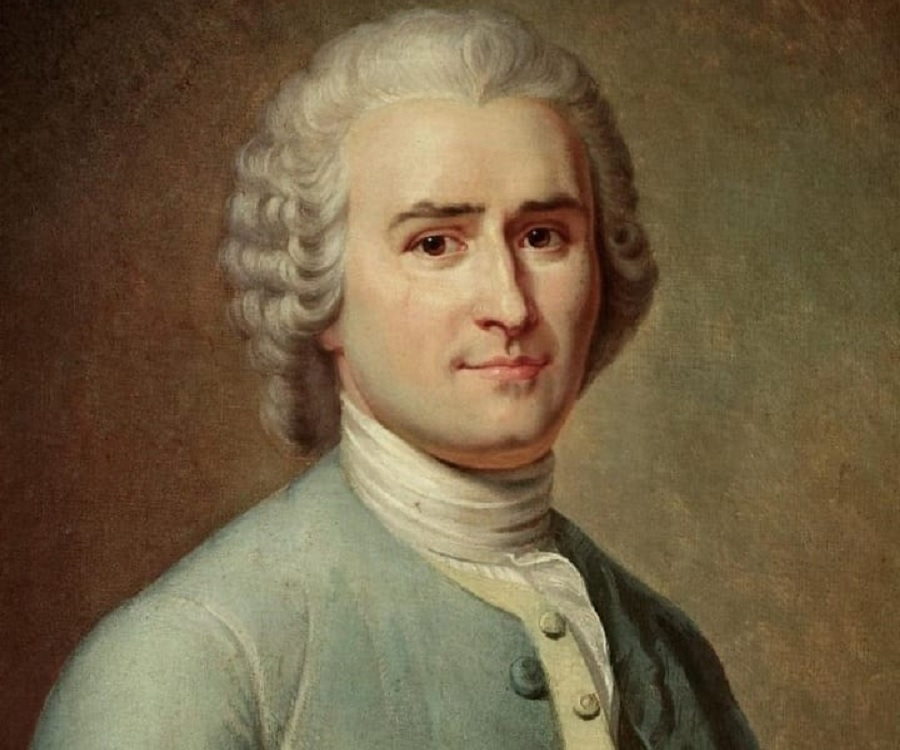In the past two weeks I’ve heard the name Rousseau too many times not to do some research. People have very strong opinions about Rousseau, and I was surprised by that.
Why is he so polarizing as a thinker?
Why do some people hate his philosophy?
I’m still learning about him, but after doing some digging, I have some thoughts.
Rousseau’s central thesis is that humankind is good by nature, but corrupted by society.
Initially, that didn’t seem too off, but the more I sat with it, the more I recognized it could be used to negate personal responsibility.
Man could be a good, but does that mean he is good?
Rousseau seemed to think it did.
If I truly believe that I am good and you, and everything else around me ruins me, it gives me the ability to blame everyone and everything else for my misfortunes.
That’s dangerous.
Personal responsibility is directly correlated with our human ability to make choices.
To take away personal responsibility is to muddy the relationship between choice and self.
That’s one thing that I’m noting while learning about Rousseau.
Besides that, how would society become corrupted in the first place if man was good?
Who would corrupt it to begin with?
Again, I’ll have to do some more digging to come to a conclusion.
The second thing I’m noting is how he was raised.
Rousseau was raised in Calvinist Geneva and eventually converted to Catholicism.
Religion in the late 1700s (18th century) was so different than it is today. Rousseau’s philosophy was heavily impacted by religion, as defined by the time.
That’s interesting to me…
(note — everything is a mental note until I explicitly state I’ve come to a conclusion).
